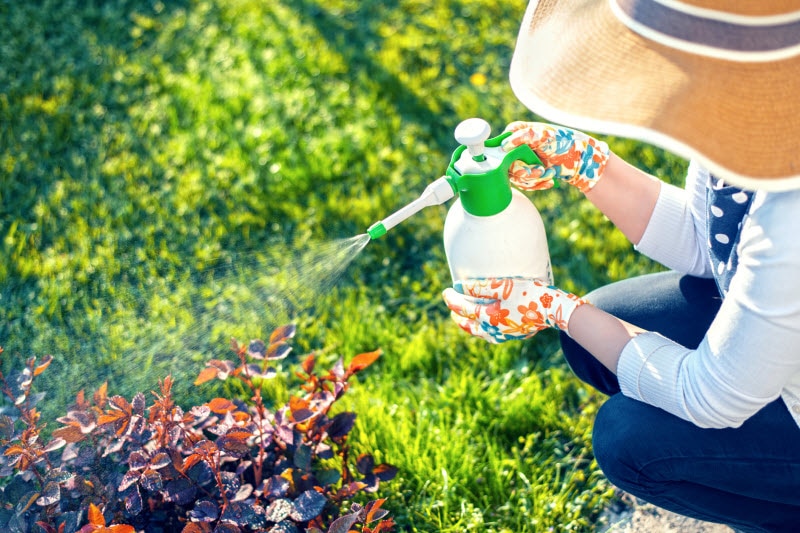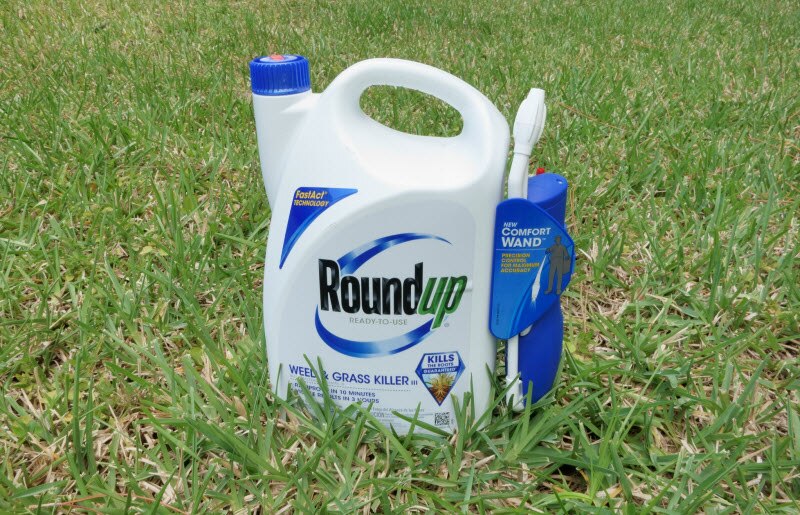As it continues to fend off legal challenges, Bayer has committed to ending the sale of its controversial glyphosate-based herbicides — namely Roundup weedkilling products — in the U.S. residential lawn and garden market starting in 2023.
In a July 29, 2021, statement, Bayer said it was halting the sale of glyphosate-based herbicides for residential uses to stem the tide of lawsuits surrounding Roundup. “This move is being made exclusively to manage litigation risk and not because of any safety concerns,” the global conglomerate said.
What is glyphosate?
Glyphosate’s possible role in causing cancer lies at the heart of the Roundup legal entanglements. Glyphosate is the key ingredient in Roundup and is the world’s most widely used herbicide. Researchers continue to debate whether glyphosate causes cancer and other health problems. Monsanto, which Bayer purchased in 2018, originally produced Roundup.
Consuming organic foods is the best way to avoid glyphosate residue in your diet, as the use of glyphosate is banned in organic-certified farming. Still, there’s no guarantee that glyphosate won’t wind up in organic foods.
Is glyphosate going away for good?
Bayer says its glyphosate-based herbicides will be replaced in the U.S. residential lawn and garden market with herbicides containing “alternative active ingredients,” pending approval from the U.S. Food and Drug Administration (FDA).
While Bayer plans to pull glyphosate-based herbicides from the U.S. residential lawn and garden market in order to eliminate the primary source of Roundup-related legal claims, the company will keep selling the products to farmers and other professional users.
Bayer’s decision came about two months after a judge rejected a $2 billion plan to settle future claims alleging that Roundup causes cancer, according to the Reuters news service.
In a statement released the same day as Bayer’s announcement, Andrew Kimbrell, executive director of the nonprofit Center for Food Safety, said the U.S. Environmental Protection Agency (EPA) should ban glyphosates for all uses. He called Bayer’s decision to end the sale of Roundup to residential consumers in the U.S. “a historic victory for public health and the environment.”
Glyphosate and cancer
In June 2020, Bayer earmarked more than $10 billion for settlements to compensate people who claimed their use of Roundup led to cancer diagnoses.
Bayer says it’s awaiting a U.S. Supreme Court decision that would “effectively and largely end” U.S. litigation regarding Roundup. However, Bayer says it’s prepared to handle Roundup claims on its own if the nation’s high court rules against it in a closely watched $25 million jury verdict in a Roundup case or declines to hear an appeal of the verdict.
In 2019, a jury in California found that Roundup lacked sufficient label warnings about its potential to cause cancer and that Monsanto was negligent. Jurors awarded monetary damages to Edwin Hardeman, a Northern California man who blamed his non-Hodgkin lymphoma on two decades of using Roundup to kill weeds on his property.
Aside from the Hardeman case, thousands of other Roundup-related legal cases have been making their way through the courts.



